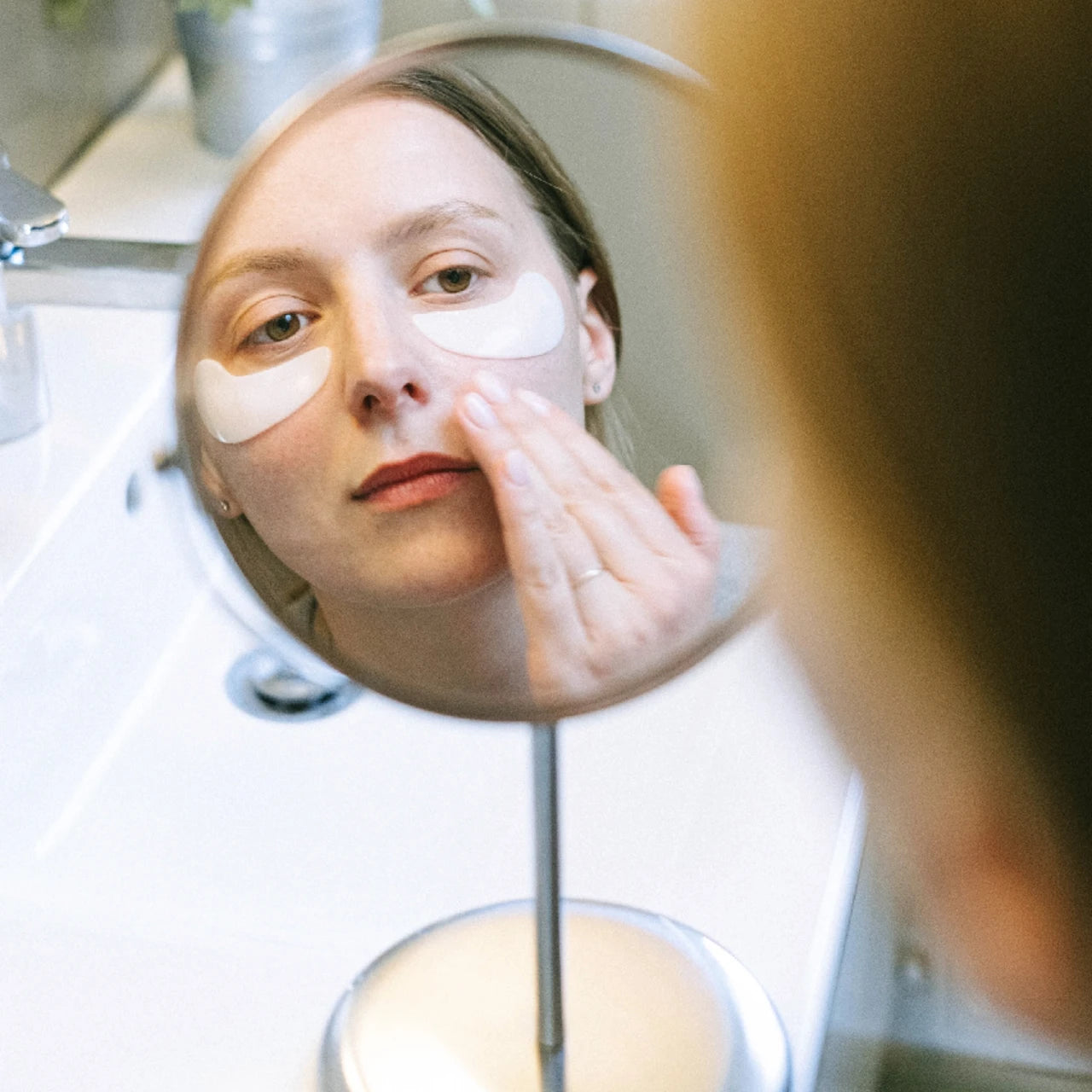Differences between physical and chemical exfoliation

Are you uncertain about whether to scrub or use chemical agents to dissolve dead skin cells?. While both techniques can effectively enhance skin texture and unclog pores, they may not be appropriate for every skin type. To get the best results, it's vital to understand the difference between the two and select the one that best suits your skin type.
What exactly is physical exfoliation?
Physical exfoliation, also known as manual exfoliation, involves manually buffing away dead skin cells. Physical exfoliators, such as scrubs, contain granules or gritty substances (like ground nuts) that delicately remove dead skin cells, dirt, and impurities from the skin. This process helps to smoothen the skin surface and enhance radiance when performed with care. However, if not done properly, it can lead to microabrasions.
Which skin type is most appropriate for physical exfoliation?
Physical exfoliation is most suitable for the skin on the body, particularly the feet, knees, elbows, and hands since this skin is more resilient than your face. If you prefer using scrubs on your face, it's recommended to choose gentle ones. If you have acne-prone skin with active lesions, it's best to avoid physical scrubs as they can worsen the inflammation.
What is chemical exfoliation?
Chemical exfoliation, commonly known as chemical peeling, uses chemicals such as alpha and beta-hydroxy acids and plant enzymes to dissolve the bonds between dead skin cells. This allows for the gentle removal of dead skin cells without physical scrubbing, resulting in a smoother and more radiant complexion.
Which skin type is most appropriate for chemical exfoliation?
Chemical exfoliation is suitable for all skin types, with particular benefits for oily and acne-prone skin. Different types of facial acids can be used to address various skin concerns and types.
For example, AHAs(alpha-hydroxy acids) are highly advantageous for individuals dealing with acne, scarring, and pigmentation issues. BHA(beta-hydroxy acids) exfoliants are effective for those with acne-prone and oily skin. Enzyme-based exfoliants, on the other hand, are gentler compared to AHAs and BHAs, making them suitable for sensitive skin. If you are new to chemical exfoliants or have sensitive skin, start with the lowest concentration and gradually increase the strength.
Sources
-
Physical or chemical exfoliation: Which is better
https://www.stylecraze.com/articles/physical-exfoliation-vs-chemical-exfoliation/ -
Physical vs chemical exfoliation
https://intothegloss.com/2016/10/physical-exfoliation-vs-chemical-exfoliation/



